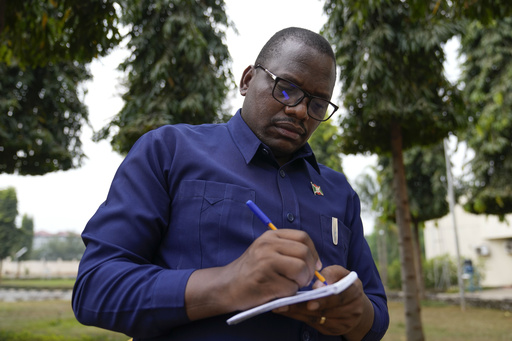In a remote region of Burundi, farmers gather eagerly near a highway to sell their avocados. A year ago, these farmers received only 10 cents per kilogram for their avocados, but now they are making around 70 cents per kilogram, thanks to the intervention of the government and farmers’ cooperatives. These cooperatives, like Green Gold Burundi, are playing a crucial role in ensuring fair transactions and preventing exploitation of individual growers.
With payments now going directly into cooperative bank accounts in U.S. currency, farmers are receiving their earnings promptly after selling their avocados. This has provided a sense of security and stability for smallholder avocado growers in a country where agriculture is the main economic activity. Ferdinand Habimana, vice president of Green Gold Burundi’s administrative board, emphasized the significance of cooperatives in regulating the avocado exports from Burundi.
While the current price of 70 cents per kilogram is a substantial increase for farmers, there is room for further growth as international markets offer much higher prices for avocados. To maximize profits, there are calls for the government to implement measures such as setting a minimum price for farmers, restricting direct dealings between foreign traders and farmers, and promoting the cultivation of Hass avocados favored by European consumers.
As Burundi aims to increase avocado exports to over 10 million tonnes annually by 2030, the government is taking steps to organize and regulate the trade. New regulations require foreign dealers to register with local authorities, submit supply contracts, and specify market destinations for Burundian avocados. The goal is to ensure transparency and increase foreign exchange earnings from the avocado crop.
The promotion of avocado farming in Burundi dates back to former leader Pierre Nkurunziza’s advocacy for the fruit as a source of nutrition and income. Avocado cultivation has since become widespread, with households owning avocado plants of various varieties. The government’s strategic plan includes planting 50,000 avocado trees in each of Burundi’s provinces, aiming to boost avocado production and exports.
Green Gold Burundi, in collaboration with local farmers, has been actively encouraging avocado cultivation and providing support through the distribution of seedlings and organic manure. Many farmers, like Eric Nsabimana, have embraced avocado farming as a lucrative venture. Nsabimana, who anticipates significant earnings from selling avocados, has expanded his avocado plantation, reflecting the growing interest and potential in the avocado industry.
Overall, the efforts to organize and regulate the avocado trade in Burundi are seen as crucial for empowering farmers, boosting the country’s economy, and establishing a sustainable avocado industry. By focusing on fair pricing, cooperative partnerships, and strategic planning, Burundi aims to position itself as a key player in the global avocado market.


